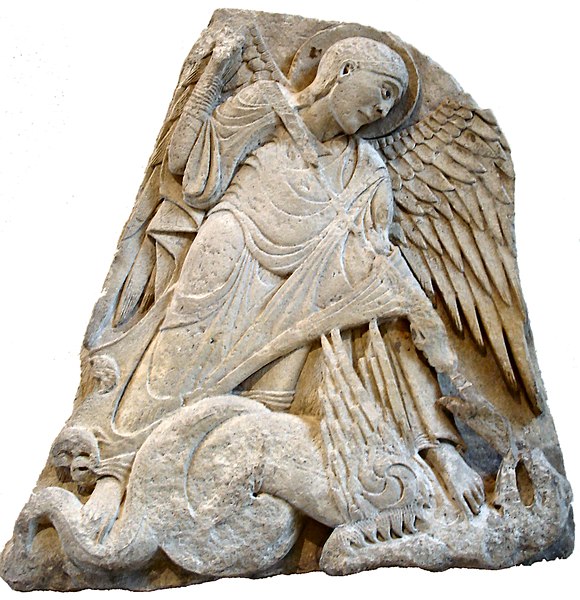
Watching for the Morning of January 3, 2016
The Sunday of the Epiphany
The appearance of the magi is both majestic and terrifying. In a world where Herod killed his own children in fear they conspired to seize his throne, the obeisance of the magi before the child of Bethlehem is not only a threat to the current regime, it imperils the holy family – and, as we shall hear, every child in Bethlehem.
A thousand years before, the village elders of Bethlehem quaked when the prophet, priest, and kingmaker, Samuel, arrived. They knew his presence could well expose them to the wrath of Saul; prophets have a habit of acclaiming new kings. But Samuel masked his secret mission as a public sacrifice, and anointed David in the privacy of his father’s house (after God rejected all his strapping older brothers and they had to fetch David from the fields).
The clash of kings – only this is not one king against rivals, but human kingship against divine kingship. So the first reading and psalm soar with the vision of God’s just and righteous reign over all creation. Isaiah proclaims Israel’s restoration and exaltation, that “nations will come to your light, and kings to the brightness of your dawn” bringing gold and frankincense and proclaiming the praise of the LORD. And the psalmist declares that the just and righteous king “will rule from sea to sea.” All nations will bow before him, “for he will deliver the needy who cry out, the afflicted who have no one to help,” and the kings of this earth will kneel “and present him gifts.” (This is why the magi become kings in the tradition.)
Sunday is about the clash of kingships. And the gathering of the nations in Christ is witness that this is the dawning of God’s righteous reign when “all nations will be blessed through him; and they will call him blessed.”
The Prayer for January 3, 2016
Gracious God,
by a sign in the heavens
you proclaimed to all the earth
the advent of your son Jesus,
who would receive the throne of David
and reign in justice and righteousness over a world made new.
May he reign in us and in our world bringing his perfect peace;
through your son, Jesus Christ our Lord,
who lives and reigns with you and the Holy Spirit,
one God, now and forever.
The Texts for January 3, 2016
First Reading: Isaiah 60:1-6
“Arise, shine; for your light has come, and the glory of the Lord has risen upon you.” – In the years after the return from exile, the prophet heralds a restoration of the nation: though Jerusalem and the temple are now only a pale reflection of their former glory, the Glory of God shall be upon them, the sons and daughters of Israel scattered throughout the ancient world shall return, and the people of all nations will make pilgrimage to “proclaim the praise of the LORD”.
Psalmody: Psalm 72 (appointed 1-7, 10-14)
“Endow the king with your justice, O God, the royal son with your righteousness.” – A royal psalm, likely composed to celebrate the ascension of a new king, has become a promise of the anointed of God (Messiah/Christ) in whom all creation is made new.
Second Reading: Ephesians 3:1-12
“This grace was given to me to bring to the Gentiles the news of the boundless riches of Christ.” – Paul is privileged to proclaim God’s plan, once hidden from our eyes but now revealed, to gather all people into one body in Christ.
Gospel: Matthew 2:1-23 (appointed 1-12)
“After Jesus was born in Bethlehem of Judea, wise men from the East came to Jerusalem, asking, “Where is the child who has been born king of the Judeans?” – the visit of the magi, representing the nations coming to bow before the dawning reign of God in Christ, and his rejection by Herod and the Jerusalem elite who plot to murder the infant king.


